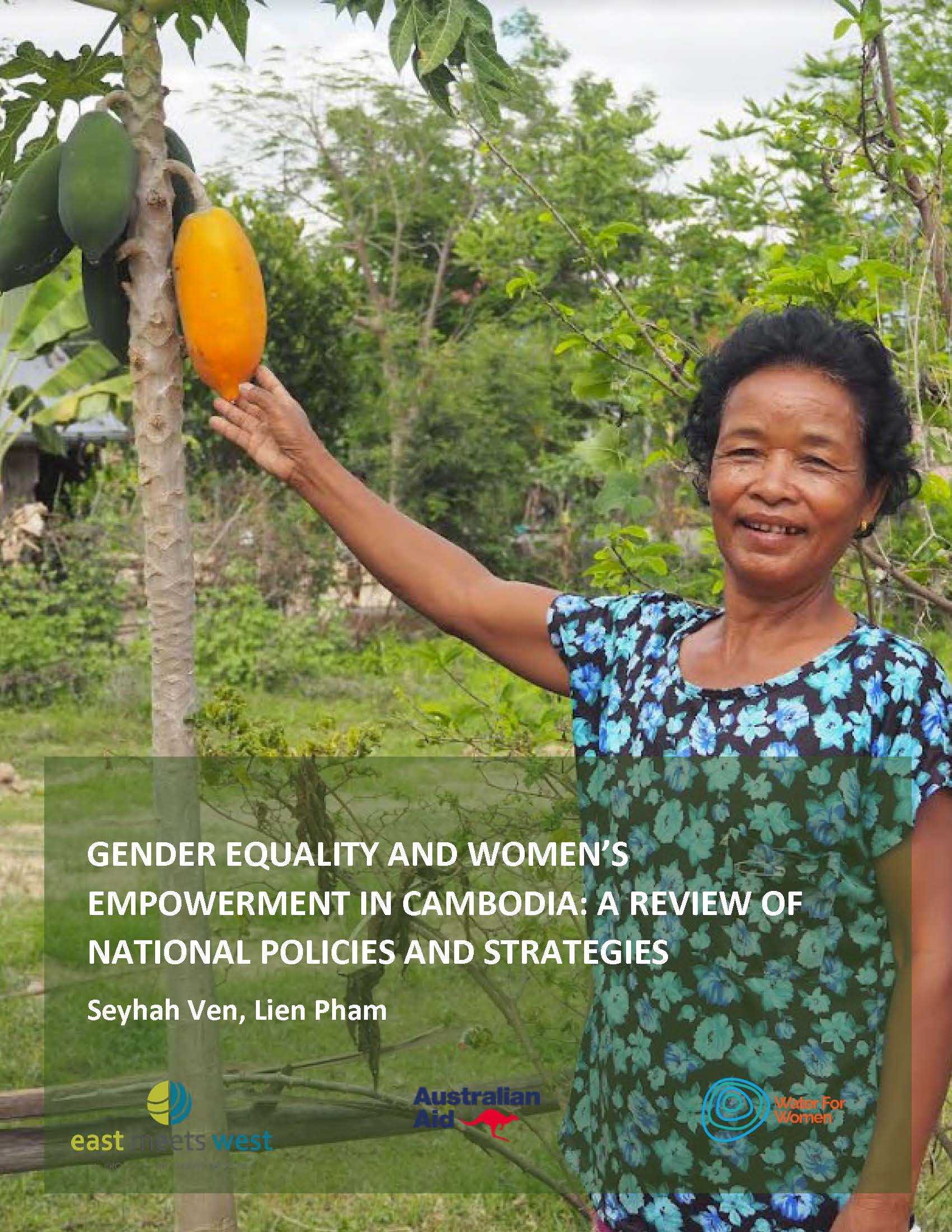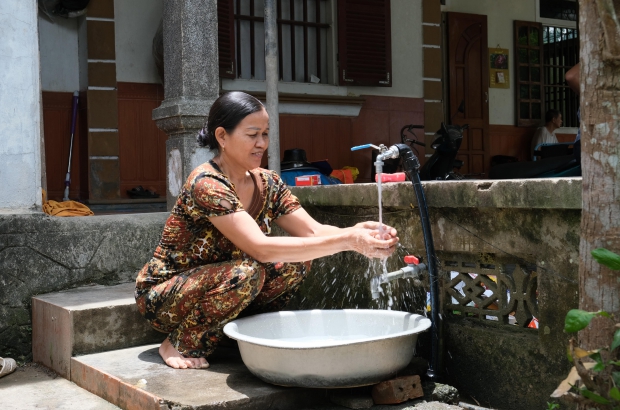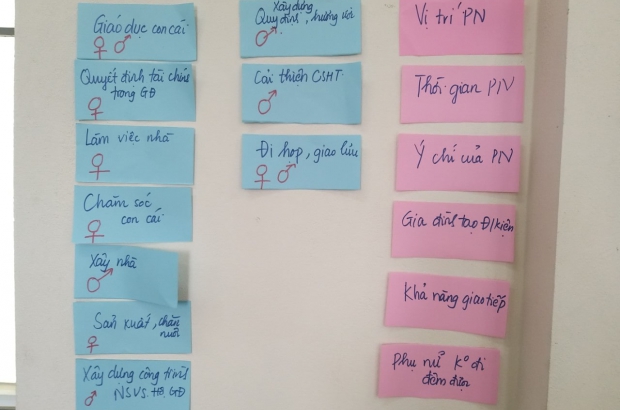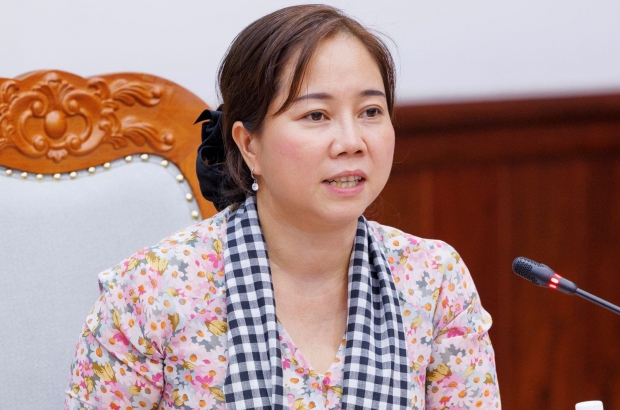
Gender Equality and Women’s Empowerment in Cambodia: A Review of National Policies and Strategies
3724
Cambodia is a signatory of all fundamental international human rights treaties, such as the Convention on the Elimination of all Forms of Discrimination against Women. Based on these commitments, Cambodia has made significant progress in gender equality over the past 25 years (UN in Cambodia 2022). Cambodia actively adopted the Sustainable Development Goal 5 (SDG 5) and the National Five Year Strategic Plan for Strengthening Gender Mainstreaming and Women’s empowerment called “Neary Ratanak” regularly. Based on a report by the World Economic Forum (WEF), gender gaps in Cambodia had been reduced with a new ranking of 89th in 2019 (out of 153 countries) compared to the previous ranking of 108th in 2014 (out of 142 countries) (MoWA 2020). This report synthesises the key elements of policies and strategies and points to the opportunities and gaps for progress towards the vision set in the national regulatory framework.
Related News
2991
Opportunities and constraints for women's empowerment in Vietnam rural WASH: A case study of Nghe An province
This learning note presents the case study of Chau Cuong, a commune in Quy Hop mountainous district, Nghe An province in our research on the opportunities and constraints for women’s empowerment in a donor funded WASH project implemented in 5 rural provinces of Vietnam. Focusing on the seven domains of the National Strategy for Gender Equality 2011-2020, the paper offers some implications for policy and practice for improving gender equality and women empowerment in rural Vietnam.
2913
Policy Review of Gender Equality in Vietnam Period 2011-2020
This paper reviews the policy landscape for gender equality in Vietnam. It looks at the legal basis for gender equality, focusing on the objectives and results of National Strategy on Gender Equality for the period 2011-2022. The policy review provides the context for a study on gender equality and women's empowerment in the WASH sector broadly and WOBA Vietnam particularly.
2773
Opportunities and Constraints for Women’s Empowerment in Vietnam’s Rural WASH: 5 Case Studies of WOBA Communes
The Women-Led Output-Based Aid (WOBA) Vietnam is a project designed and implemented by Thrive Networks/East Meets West Foundation (EMW) to address challenges and inequities in Vietnam’s rural water, sanitation and hygiene (WASH) sector. A research study on the opportunities and constraints for women’s empowerment through WOBA Vietnam aims to consider all relevant domains in which women’s empowerment opportunities can arise through. The study aims to capture the gender experiences of women in WOBA from different perspectives: political, WASH work and entrepreneurship, community, households. The study also surmises that women must have the opportunities to engage and empowered as users, managers and change agents in their households, communities, political forums, and businesses.



